Climbers Plants
By sowing seed now, you can enjoy colorful climbing blooms this summer. We test and reveal the 6 best performers here.
We all fantasize about plants that we can easily start from seed on our windowsill, that will grow quickly and then flower their socks off until the autumn.
Well, here’s the good news: it is possible with annual climbers!
An annual plant completes its life cycle from germination to producing its own seed in one gardening year.
Growing any plant from seed makes us all happy – it’s cheap, meaning lots of plants for you and your friends, and has a mission to perform until those first frosts.
Quantity of choice
There’s a kaleidoscope of colored climbers out there to indulge in.
The joy is watching your climbers plants mingle, embrace, scramble and climb through your container and border plantings.
I always look to my color wheel for inspiration to put together exciting new partnerships and ensembles.
I spent last summer putting the climbers featured here through their paces, separating
the showstoppers from showfloppers.
I included some technical perennials and tender plants, but the crucial factor was that they had to perform in that first summer.
Sweet peas weren’t included because they deserve exploring on their own terms, and I wanted climbers that gave interest into the late summer.
The Best Climbers Plants For Fast Color
Asarina scandens ‘Mystic Rose
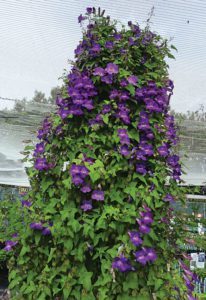
’ Cascading blooms A delicate gem that constantly flowered from mid-summer until the frosts. Known as the climbing snapdragon, lilac-pink flowers cascade among small, ivy-like leaves. Height x Spread 2-2.5m x 50cm
Cobaea scandens alba
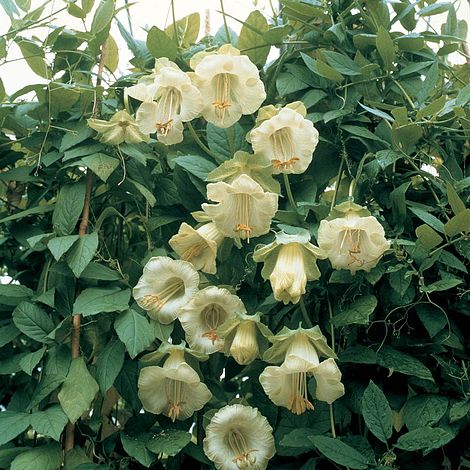
Fast growth Large ivory and cream flowers appear from August until the frosts, and they’re well worth the wait. It’s one of the more vigorous ones from the trial, so great for covering an unsightly shed or fence. H x S 5m x 2m
Ipomoea alba
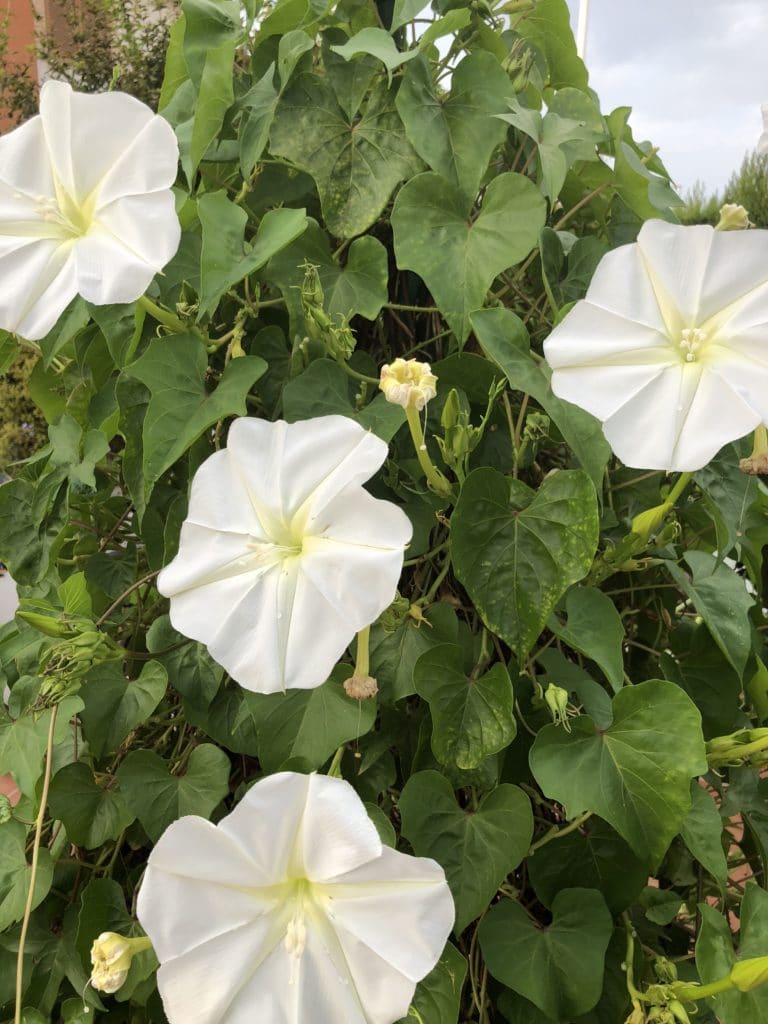
Huge flowers Known as the `Moon Flower’, fragrant and pure white flowers the size of an open hand open from dusk until dawn. Perfect for those balmy summer evenings, as it loves the warmth. H x S 2.5m x 1.8m
Mina lobata ‘Jungle Queen.’
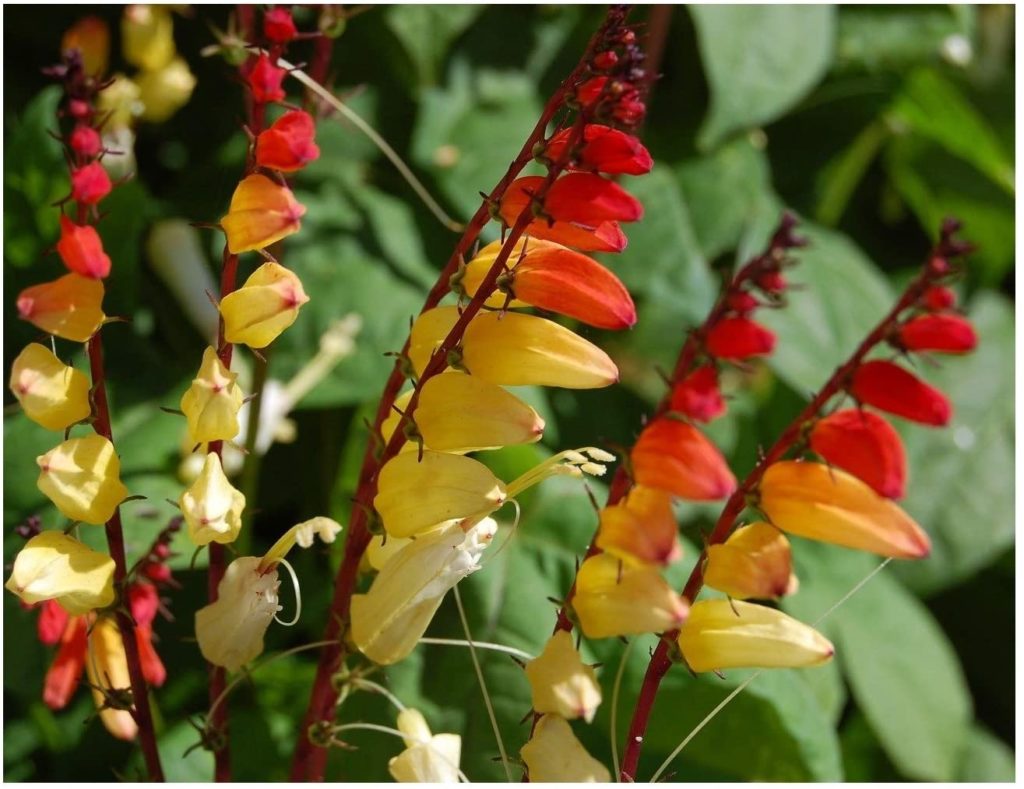
Multicolored blooms As if the obelisk was on fire, these plentiful Spanish flag flowers
dance up the plant-like flames in abundance from June onwards. Very easy to grow from seed so that you won’t be disappointed. H x S 5m x 1m
Leptospermum erubescens
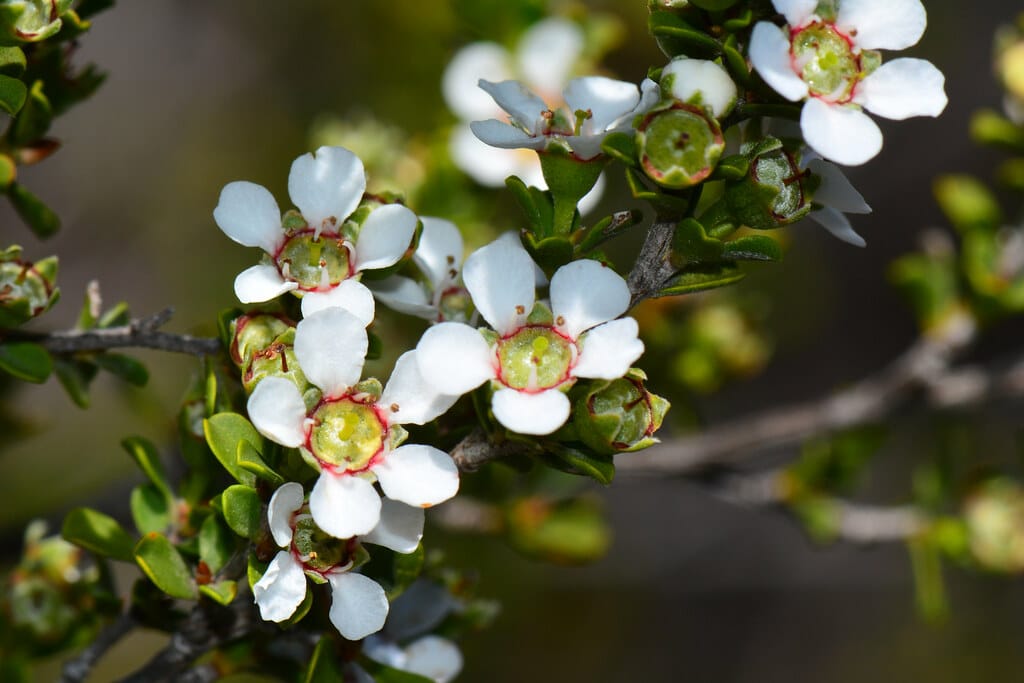
Tropical look Large, snapdragon-like, pink flowers, with lush and tropical leaves. This unusual climber flowered from mid-summer and got better as the summer progressed. It loves an obelisk to climb over. H x S 2m x 1m
Ipomoea ‘Flying Saucers’’
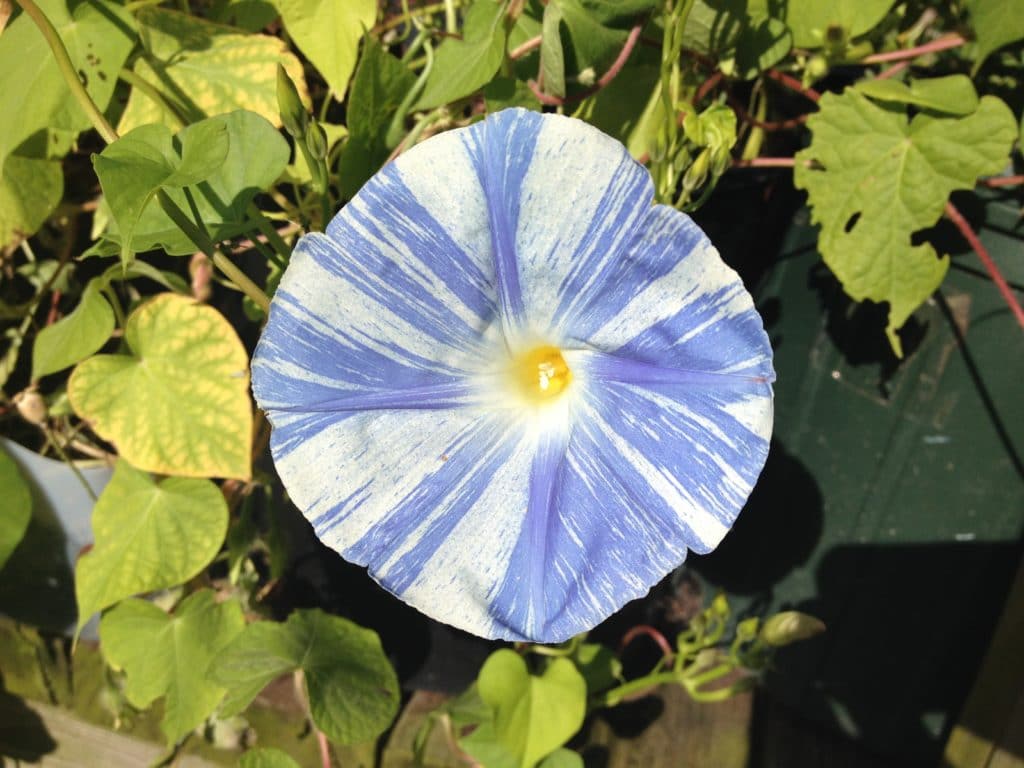
Stripey blooms ‘Flying Saucers’ has huge sky-blue veined flowers that screamed for attention amongst its peers. This would be great for kids to grow in a container or
up a sunny fence or wall. H x S 2.4m x 30cm
How to grow climbers from seed
These spectacular displays look tricky to grow, but it’s quite simple.
Follow the sowing instructions below, then place the pots in a tray of water.
Remove them as soon as the compost is moist all the way through.
After that, keep the compost damp, not wet. Annual climber seed needs a little
warmth to trigger germination so that you will benefit from a heated propagator or a sunny windowsill.
When the seedlings are large enough to handle, prick them out and keep them frost-free.
Wait for warmer weather, then plant out in early June next to a support.
Pre-soak the plants in their pots before planting out and water well after planting. Look out for slugs!
Step by Step Sowing Seeds
FILL a 9cm pot with seed compost. Firm down to ensure a level surface and a little space
for covering the seed. Make sure compost is moist (see above).
SPACE your seeds evenly across the surface of the compost. Avoid dense sowing, which can lead to damping off and weak seedlings.
COVER the seeds with vermiculite so that the compost is no longer visible, and label the pot. For smaller seeds, cover very lightly so that you can see glimpses of compost through the vermiculite.






















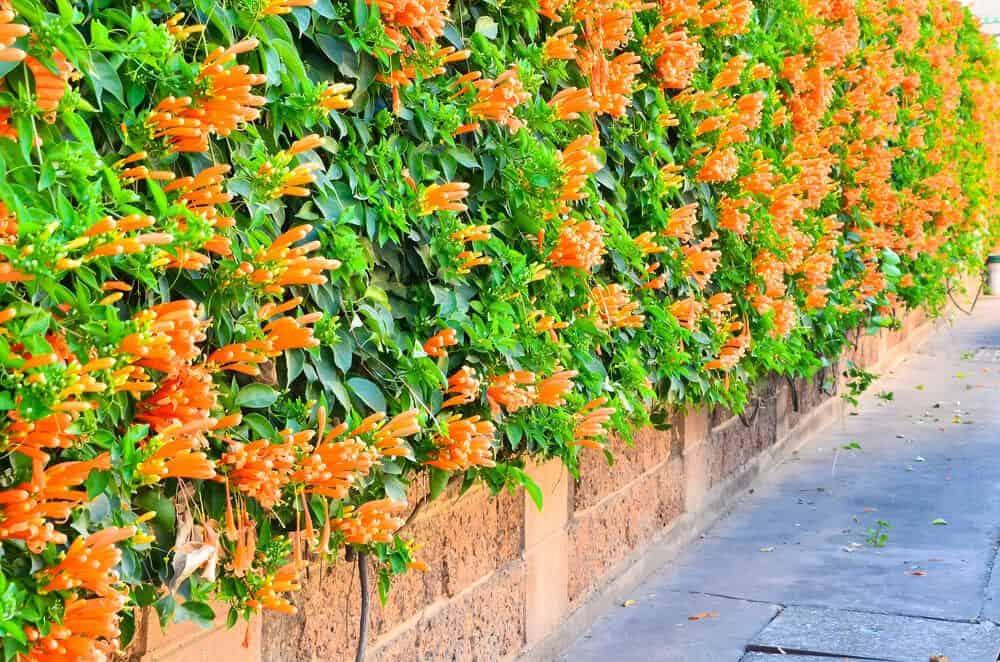




Comments are closed.